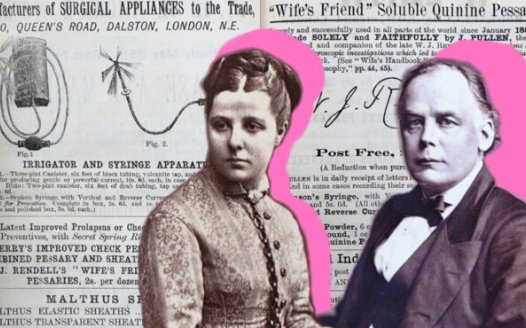Pharmacists must put patient care before religious beliefs
Posted: Wed, 29th Jun 2016
Secularists have urged the General Pharmaceutical Council to ensure that pharmacists set aside their personal religious beliefs if they conflict with a patient's medical needs.
Writing in a consultation response to the General Pharmaceutical Council (GPhC) on "Standards for pharmacy professionals", the Secular Medical Forum said granting unrestricted rights to pharmacy professionals to express their own views places the rights of people who use pharmacy services at risk.
Secular medics said the professional standards must do more than call for "balance" between a pharmacist's "personal values and beliefs" and the "care they give people who use pharmacy services".
The SMF said that this language was "unhelpful" and "ambiguous" because of how "balance" could be interpreted by pharmacists.
"There is a significant risk that those pharmacy professionals with strong personal views, almost always religious" will favour their "own personal views," the Forum warned.
"The result of this may be care determined by the beliefs and values of the professional rather than person-centred care. This risks disadvantaging the person trying to access pharmacy services whose own values and beliefs may be overlooked in favour of those of the pharmacy professional."
The Forum called for the GPhC to provide greater clarity in their new guidance by giving examples to pharmacists and "clear advice" for situations "where conflict arises between a pharmacy professional's own views and that of a person accessing services."
If there is a conflict, the SMF said, "person-centred professional care relies on pharmacy professionals setting aside their own personal beliefs where necessary".
The SMF argued that in some circumstances religious objections could not be worked around.
Antony Lempert, chair of the SMF, said: "Where a lone pharmacist is working in a rural community it would be unacceptable to refuse to dispense or to try to redirect a patient to another pharmacy. The responsibility here lies mainly with the pharmacist who has such objections to make sure they do not accept a job which would place them in this predicament".
"There is a fundamental and important distinction between holding a belief and the unrestricted expression of that belief."
"It is essential to place reasonable limits on the unrestricted expression of the personal views of trained healthcare professionals," he said.
In a separate submission to the GPhC, the National Secular Society proposed that new standards for pharmacists should echo the decision of the US Supreme Court, which this week declined to hear an appeal from a pharmacy in Washington State which had "cited Christian beliefs in objecting to providing emergency contraceptives to women".
The appellate court concluded that the State had a "legitimate interest in ensuring that its citizens have safe and timely access to their lawful and lawfully prescribed medications". The court also accepted the right of a "religiously objecting individual pharmacist to deny delivery, so long as another pharmacist working for the pharmacy provides timely delivery".
Keith Porteous Wood, NSS executive director, said: "Conscience opt outs that result in the failure to provide timely delivery of lawful and lawfully prescribed medications are not acceptable.
"Pharmacists are under a professional obligation to serve customers, and to permit such refusals could cause hardship and potential danger and potentially breaches their human rights."
Commenting on the US Supreme Court's decision, the American Civil Liberties Union said: "When a woman walks into a pharmacy, she should not fear being turned away because of the religious beliefs of the owner or the person behind the counter."
Religious dogma shouldn't interfere with your healthcare
We campaign to protect patients from the harm caused by the imposition on them of other people's religious values, and advocate for a secular approach to current healthcare issues. Please consider a donation, from as little as £1 a month, to help support our work in this area.
P.S. make sure to check out the related campaigns below.







